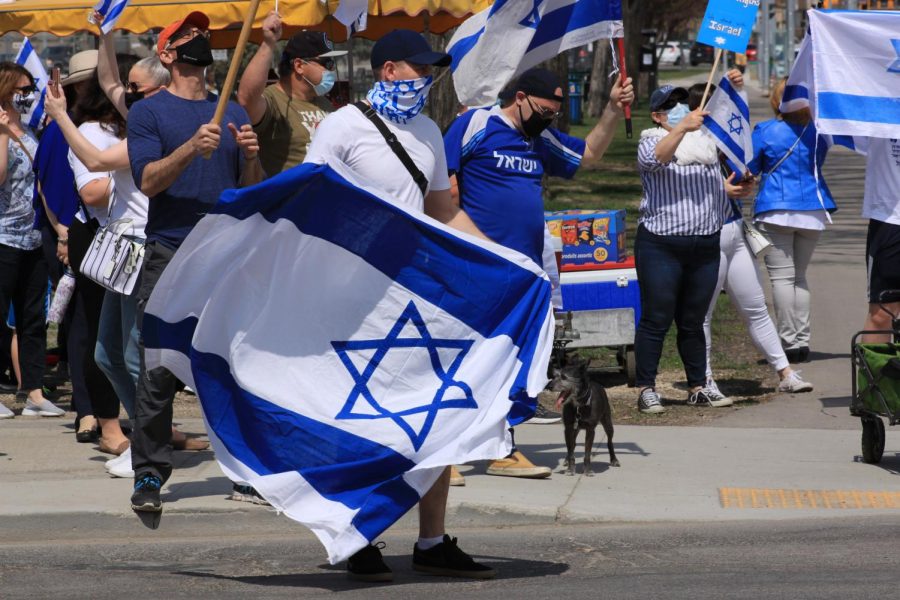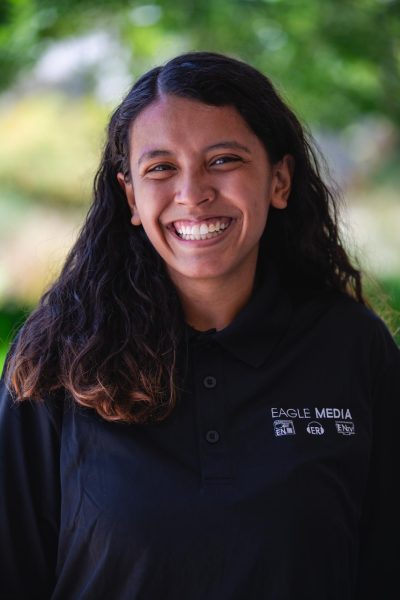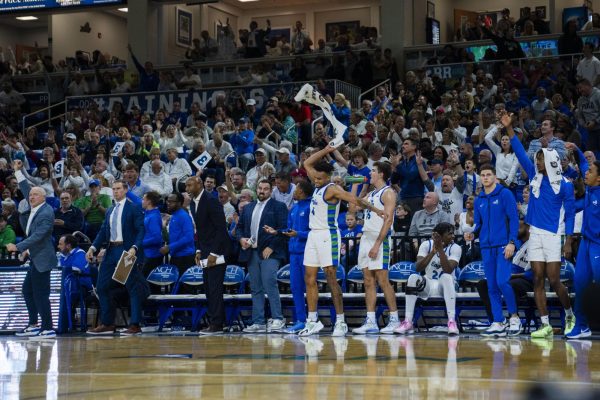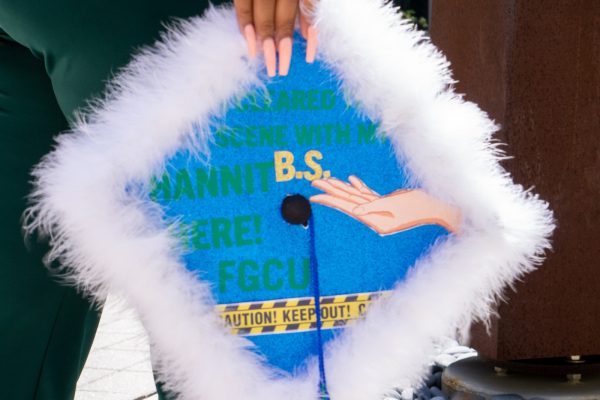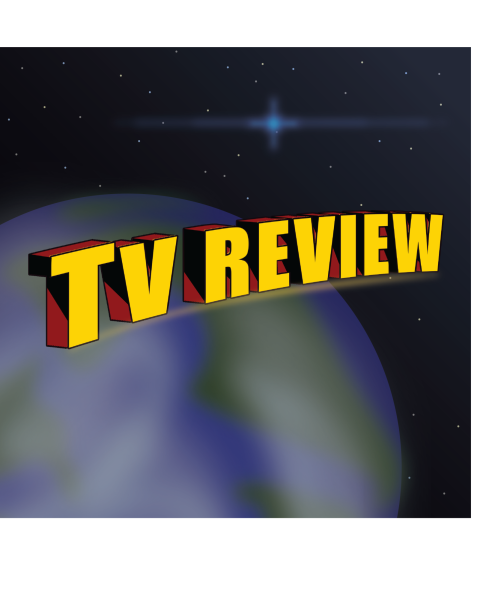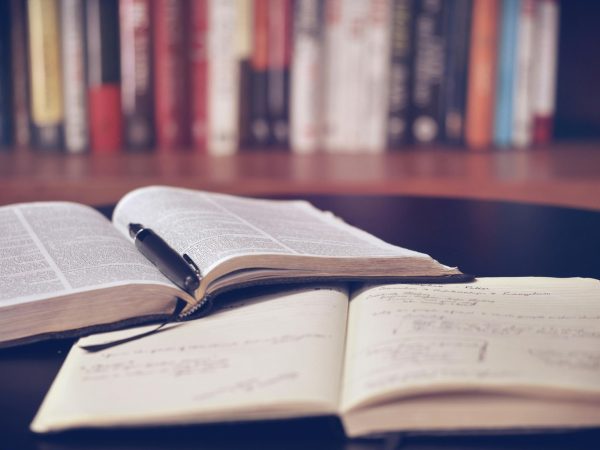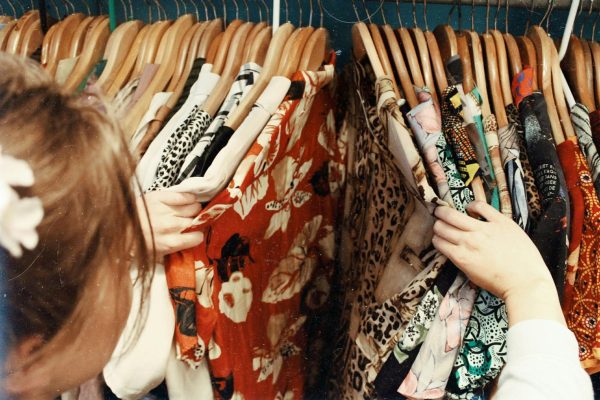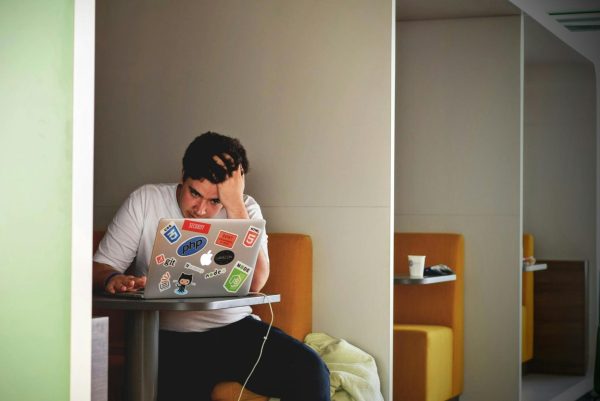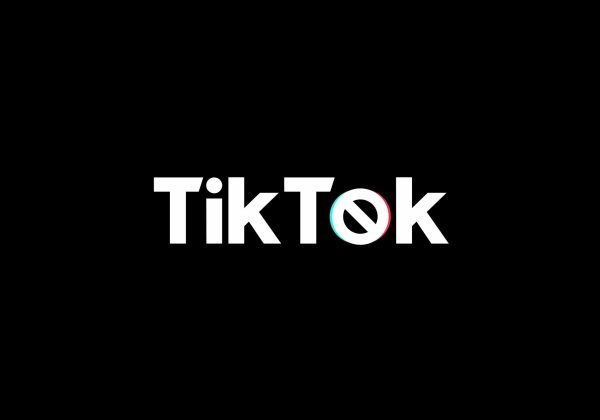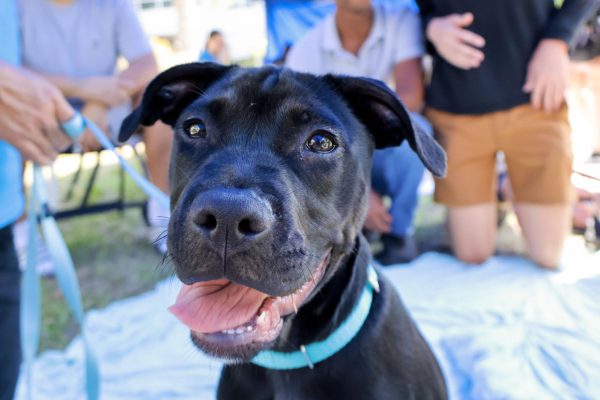Remembering Times Past
Students Reflect on Holocaust Memorial Day
January 27, 2023
Jan. 27, 1945 will long be remembered as a day of triumph for the allies and the Jewish community both, as it marks liberation for those imprisoned at the largest Nazi death camp from World War II, Auschwitz-Birkenau. 60 years later almost to the day, the United Nations General Assembly voted to enact a resolution that established Jan. 27 as International Holocaust Remembrance Day, a day to remember the roughly six million lives lost during Adolf Hitler’s reign during the Third Reich.
As a member of the Jewish community and FGCU’s Chabad religious organization, junior Samuel Poisik uses his voice and his passion to stick up for members of the Jewish community on campus. Poisik also serves as the University Outreach Chair for FGCU’s Student Government Senate, even sponsoring a resolution of support for Jewish students during the new age of anti-semitism that faces them today.
“I chose to push for the resolution because I feel as of late the Jewish community has been put into a scenario similar to pre-World War II where stereotypes are being normalized,” Poisik said. “I joined Student Government to make the Jewish voice heard on this campus and around the world. What they need to learn is; the Jewish voice cannot be silenced, and we will always be proud of our identity.”
There seems to have been many Jews that felt silenced. Over the course of decades, they have tried to allow their voices to be heard and allow the world to see the pain that the Holocaust brought.
“I think as a Jew on campus and growing up Jewish, the Holocaust has been something that has never sat right with me and is a part of my history that I will pass along to my children and grandchildren,” senior Ashleigh Koza said. “The Holocaust Remembrance Day is a day to help remember the ones who had their lives taken from them because of their religious beliefs.”
International Holocaust Remembrance Day is a day that helps many individuals and families heal from the pain of the past. The annual commemoration honors the victims of both the holocaust and the millions of other victims of Nazism. Many educational programs have been developed in order to help prevent future genocides.
“The Holocaust happened so easily, yet it is so hard to imagine,” freshman Barell Olikovitch said. “Holocaust memorial day should not be used for mourning, it should be used to remember.”
It is important to keep ourselves educated on what happened in the past and keep ourselves updated on what is going on now. We should always help others when we can.
“I just returned from a Living Links trip with Chabad on campus to Poland visiting the death camps and the ghettos,” Olikovitch said. “It was very emotional and painful to see how real all the stories and everything that happened was and it also enlivened me to move forward and live as a proud Jew today.”
































